|
22nd of April is Earth day and today marks its 50th anniversary. Founded in 1970, the day was started as a movement for us to pay more attention to the well-being of our planet beyond anthropogenic development.
Half a century later, we find ourselves in the middle of a global pandemic with billions affected and governments across the world scrambling to contain the pestilence. Scientific evidence pointing to the transmission of zoonotic diseases from animal hosts to humans have also raised attention to the risks of wildlife trade as well as the dangers of ignoring human’s impact on the environment as we encroach more and more rapidly into natural habitats. At a time when we are anxiously corralling the wrath of nature, it makes me wonder - when did people start getting concerned about the environment? If we trace back in time, it will take us to the publication of Rachel Carson’s the Silent Spring.
Silent Spring by Rachel Carson
Published in 1962, the Silent Spring was a warning to us about the use of DDT on agricultural crops and its effect on our health. While the book went on to become the number one New York Times bestseller for months, calls for environmental change did not occupy mainstream attention immediately. However, it seeded an idea ahead of its time – that our very actions on the ecosphere can have a much more far-reaching effect on us.
The 60s was a decade plagued by the ideological conflicts between the Allied and Soviet fronts. At that point, the cultural iconography of the hippie movement captured by the media during the Vietnam War was less about the environment but more about the societal ills of wars. In December of 1968, Project Apollo by NASA kicked into high gear as the Apollo 8 was launched into lunar orbit. During its voyage, it took our very first selfie, captioned Earthrise. With half our face shrouded in shadows, it revealed an image of earth with its oceans, land and clouds, standing alone in the dark vacuum of space.
Earthrise, our very first selfie from space | Source: NASA
In the same month, it marked the peak of the Vietnam war with death tolls exceeding a hundred thousand. Coupled by the death of Martin Luther King during the civil rights movement, 1968 marked the bloodiest year of the decade.
Months later in 1969, Commander Neil Armstrong and pilot Buzz Aldrin landed the Eagle and mankind took the first step onto the moon. Besides lunar samples of rock and regolith, they looked back and discovered earth for the first time.
The Pale Blue Dot | Source: NASA
In a world where rivers of blood are spilled by warfare and conflicts, the space mission revealed a slightly different picture of our home. It is not one marked by flags or territorial lines but just a pale blue dot standing alone in the cosmic darkness. On this tiny little rock suspended in sunbeam, we drink the same water, breathe the same air and are all safely tugged behind a blanket of atmosphere that protects us from the deadly cosmic rays.
Earth Day Number 1, 50 years ago | Source: NYT
It was this moment that a perspective descended upon us – that we are part of the same earth and we are all in this together. With this realization, Earth Day was founded in 1970. Earth Day sparked our consciousness and with the same momentum, it led the passage to laws such as the Environmental Protection Act, the National Oceanic and Atmospheric Administration and the Clean water Act in the United States. Today, many countries adopted similar laws to conserve and manage their precious resources.
The fact that we all share one earth is made even more evident during the novel corona virus crisis. As Covid-19 sends waves throughout financial markets, disrupted food supply chains and drained out medical supplies, it is clear that no country is alone in tackling the public health crisis. What started as a health concern that alarmed a few doctors in Wuhan became a state issue, a national crisis and now as we know, a full-blown global pandemic.
Lack of water spell COVID-19 nightmare for world’s 71 million refugees | Source: Israid
While some of us are struggling with the mundaneness of a lockdown, many others are faced with the existential threat of contracting Covid-19 in densely packed quarters where mitigation measures such as social distancing are made difficult (or impossible).
As the crisis drags on, populations in poorer parts of Africa, South America and the Pacific Islands are on the brink of a hunger pandemic of biblical proportions. Communities with poor utilities and crippled infrastructure also struggle to obtain clean water for hand washing purposes, making the curb of the contagious disease even harder.
Inside Singapore's biggest infection cluster | Source: Reuters
From the comfort of our homes, these problems may seem very distant to us. However, if you observe how the cases of Covid-19 have exploded in poorly managed migrant dormitories in developed nations like Singapore, you can see how the systemic issues we have grown accustomed to could come back to haunt us later.
This is not to say that Singapore has ineffective governance. Rather, this goes to show that even with a first-class ministerial task force and a world class healthcare system, overcoming the pandemic requires the involvement of all players; from the contractors managing the inhabitants, agencies regulating the dormitories and all of us paying attention to society’s lowest common denominator. If you look at Singapore as a microcosm of the world, this would mean that to nip the problem in the bud, no country can act in isolation and surviving this pandemic would require a global cooperative effort. This would mean looking out for the populations that are struggling with basic necessities such as water infrastructure and making sure that less privileged populations get the medical resources they need.
Leaders across the world gather to coordinate regional response against COVID-19| Source: ASEAN
We have to face this crisis not as Asians, Europeans or Americans but as an entire civilization because to solve the problem, outlasting the virus at home is just part of the equation. Until we are able quell the disease in its entirety, a cyclical rebound of the disease from hidden viral reservoirs isn’t out of the picture.
Afterall, the virus is indifferent to the moral standards of humans, but the folly of human conceit can be profoundly counterproductive. Instead of searching for deceptively easy answers and asserting moral dominance, this period calls for greater international action and cooperation.
A corona virus does not see race, gender or wealth
As inhabitants sustaining from the same ecosphere, our actions during and after this crisis will determine whether we could look back in time and see ourselves as better shepherds of our future or an embarrassment that left a tainted mark in humanity’s history.
The history of life on earth suggests that even as we reform ourselves, we will not be completely immune to the emergence of another plague. However, time has shown that nature, while not morally virtuous; cause lesser, or limited disruption to our lives when we respect its boundary and take prophylactic measures in the way we deal with the environment.
In the stillness, you hear nothing but the whispers of the wind
With the streets of famous land marks emptied, the viral outbreak is strangely reminiscent to opening pages of the Silent Spring by Rachel Carson. In this case, it is not the scores of the birds or the chirping of the crickets that is missing, but the familiar sights of people and the buzz of the crowds. In an era dominated by growth and industry, the stillness gives us an opportunity to stop, think and contemplate on our moral responsibility to the world.
This Earth Day, let us take care of our neighbours, look beyond ourselves and cherish the only home we have ever known.
Give clean water to a child in need!
Your contribution will support our efforts to provide a clean, safe and stable supply of drinking water for those who need it most in the world. Will you join us on our journey to end prolonged thirst? Please select the drop-down for other quantities
*Please refer below for terms and conditions
Blog Author: Lim Chong Tee
2 Comments
As the world moves forward through unprecedented times of the COVID-19 pandemic, many of us have started to do our part by social distancing and improving our personal hygiene. One significant measure that governments and health officials have strongly advised is handwashing, but did you know that previous studies show only 5% of people wash their hands correctly? It may have taken a pandemic for many to realise its importance, but now is the time to make correct handwashing a frequent daily behaviour.
This is absolutely avoidable as long as we practice personal hygiene diligently.
Handwashing with soap and water is ultimately the best choice.
So far, we've emphasized the importance of soap, but clean water is important too!
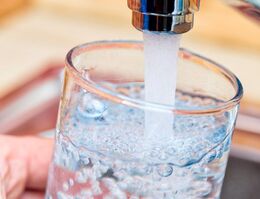
Amidst this, we cannot forget about the communities that do not have access to clean water. We’ve been told repeatedly to wash our hands regularly with soap and clean water, but this is not possible for communities who do not have the privilege of free flowing clean water. Filtered water is not only needed for drinking, but also for sanitation, hygiene, and medical purposes. With multiple demands for the use of clean water, practicing this simple act may not be the highest priority for family deciding between dehydration or dirty hands.
Today, a Global Humanitarian Response Plan for COVID-19 has been launched by the United Nations, pledging a total of US$2 billion to help vulnerable communities around the world. Handled mainly by the International Organisation for Migration (IOM), UN-Habitat, and UNICEF, these agencies will be focusing on the provision of WASH facilities and services, as well as the continued sustainability of them. In a time where sanitation is highly stressed, it is vital for such responses to be carried out for those living in fragile settings.
This Plan is vital to ensure communities are educated on the importance of such a simple measure in disease prevention, but also so communities are provided with physical access to basic necessities so they do not have to decide between two important priorities.
If you know of a community or anyone in need of clean water during this difficult and trying period, please fill out the contact form below or visit the page here.
During this trying time, we hope that everyone can be socially responsible, work with one another and get through this together! Practice social distancing and always remember to wash your hands for at least 30 seconds, following the 7 steps as recommended by the World Health Organisation (WHO).
Bury the germ, fight the virus. Stay home, stay safe!
Sources:
https://www.cdc.gov/handwashing/why-handwashing.html https://www.wateraid.org/us/ https://www.theguardian.com/commentisfree/2020/mar/12/science-soap-kills-coronavirus-alcohol-based-disinfectants https://globalhandwashing.org/about-handwashing/faqs/#do https://www.ri.org/why-is-water-vital-for-containing-the-coronavirus-pandemic/ https://allportablesinks.com/blogs/news/17-handwashing-facts-and-statistics
Blog Author: Joey Lim
Chief Editor: Michelle Falcone |
Want more?Click below to see what other blog topics might peak your interest



Social Awareness Blog Archives
August 2022
|
- About Us
- Products
- Solutions
- Resources
- Get Involved
-
Blog
- The Global Water Situation
-
Facts about Water
>
- Water supplies for crisis
- WaSH During Emergencies
- Well Water Cleaning and Filtration Guide: Southeast Asia
- Gravity-fed Water Systems: Water Purification and Filtration setups in Southeast Asia
- A Guide to Rural Rainwater Harvesting and Filtering
- Water Shortages and Their Effect on Children in Rural Schools
- WaSH Planning and Design Framework Resources for Indonesia and the Philippines
- Rural Community Water Supply: Water Systems in Villages
- Info on our Products
- Impact Stories
- Upcoming & Past Events
- Contact
- Store
- About Us
- Products
- Solutions
- Resources
- Get Involved
-
Blog
- The Global Water Situation
-
Facts about Water
>
- Water supplies for crisis
- WaSH During Emergencies
- Well Water Cleaning and Filtration Guide: Southeast Asia
- Gravity-fed Water Systems: Water Purification and Filtration setups in Southeast Asia
- A Guide to Rural Rainwater Harvesting and Filtering
- Water Shortages and Their Effect on Children in Rural Schools
- WaSH Planning and Design Framework Resources for Indonesia and the Philippines
- Rural Community Water Supply: Water Systems in Villages
- Info on our Products
- Impact Stories
- Upcoming & Past Events
- Contact
- Store


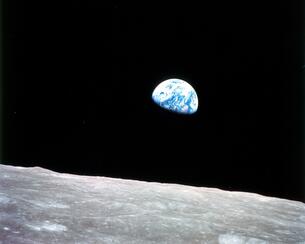
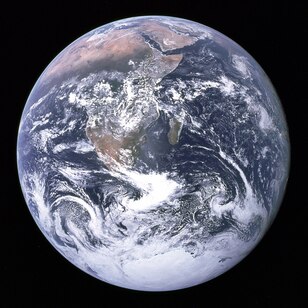
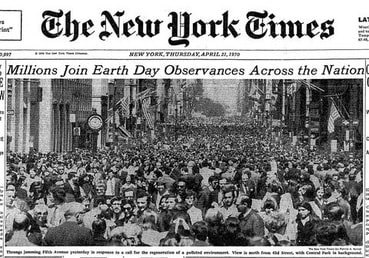
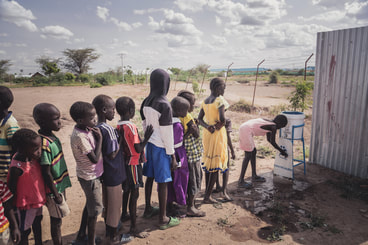
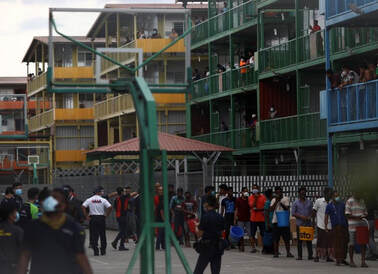
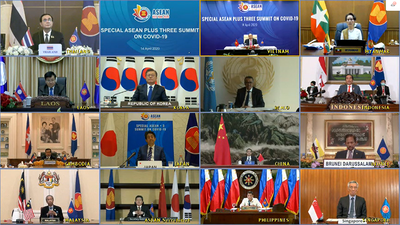
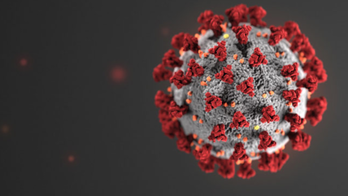

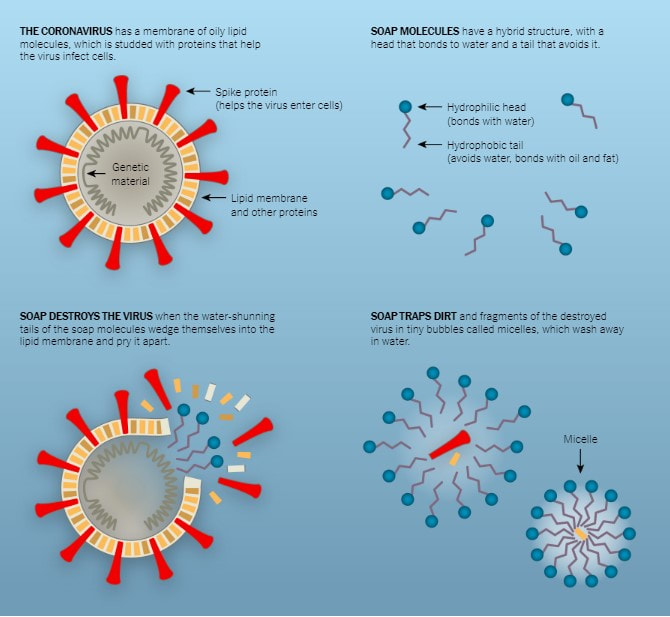
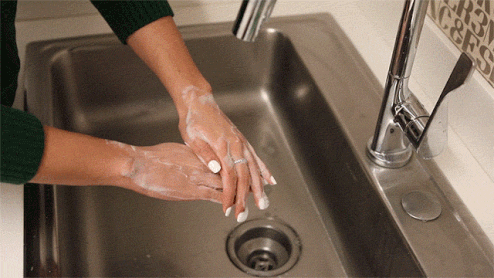
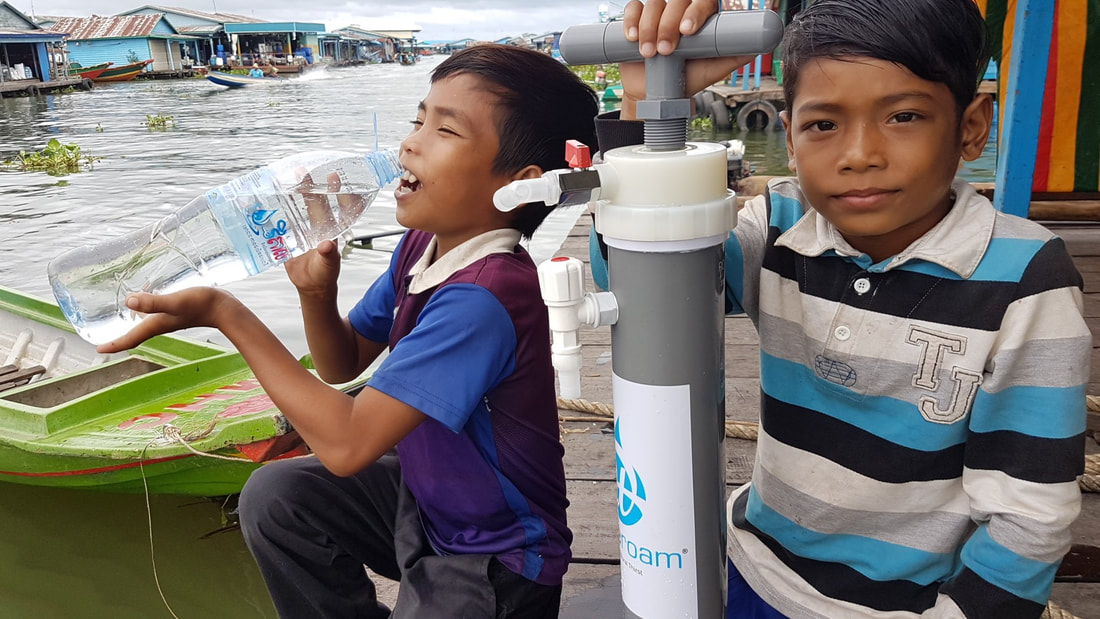
.jpg)